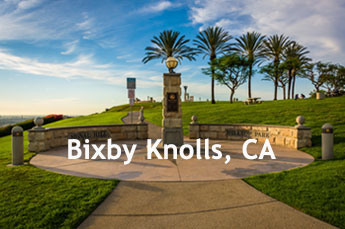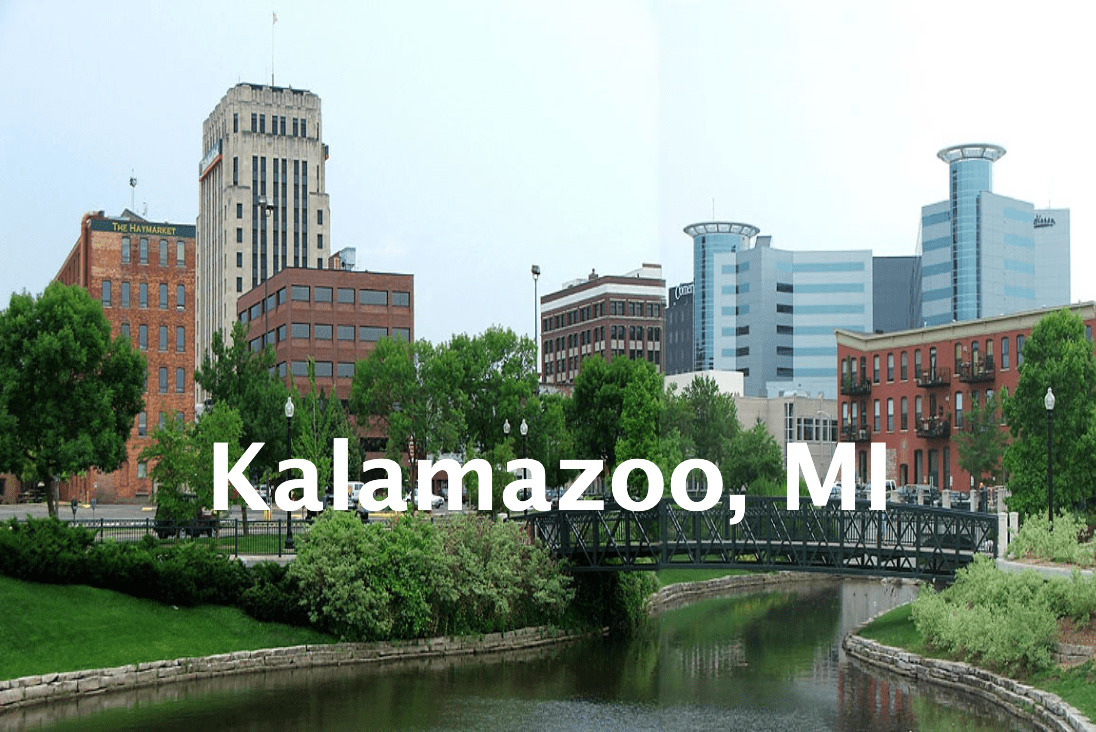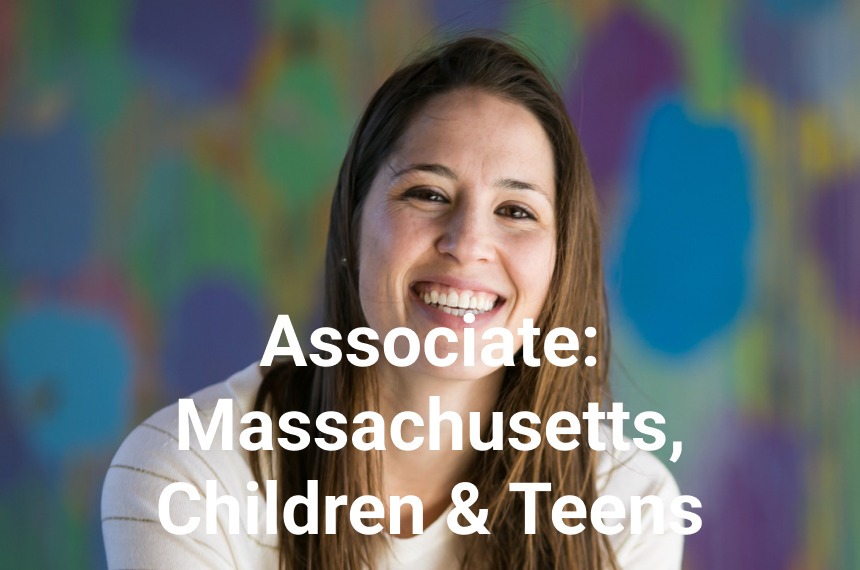Qualifications & Benefits
The National Social Anxiety Center (NSAC) has two types of members: Associates and Regional Clinics. There are similarities and differences between these two membership categories Their qualifications and benefits are described below. While we will accept and review applications from any mental health provider or larger clinic that meets our qualifications, our priority is to recruit Associates and Regional Clinics in areas where we are not already represented in order to offer evidence-based social anxiety services throughout the United States. (See the listings of our affiliated clinics on this page.)
NSAC ASSOCIATES:
Solo practitioners, larger mental health clinics, and individuals who work at larger mental health clinics, may all become NSAC Associates. Regardless of size, all of our Associates follow the evidence-based protocols proven effective in social anxiety research.
To assure high-quality in all clinics affiliated with NSAC, our Associates must be certified in cognitive-behavioral therapy by the Academy of Cognitive and Behavioral Therapies, the American Board of Professional Psychology, or the Beck Institute for Cognitive Behavior Therapy. (Alternatively, the Associate must have part one of any of these certifications accepted and obtain full certification within one year of joining NSAC.) If applying to be an Associate as a mental health clinic with multiple practitioners, at least 75% of the clinicians on staff must be proficient in the practice of cognitive and behavioral therapies. However, only the individual representing that clinic with NSAC must be certified in CBT.
In addition, applicants to become Associates must also submit a CBT case conceptualization of someone with social anxiety, less than 1,000 words, describing: automatic thoughts; safety-seeking behaviors; underlying assumptions and core beliefs; vicious cycles; treatment strategies used; and rationale for using these strategies. These case conceptualizations must be approved by the NSAC Co-Chairs and Recruitment Coordinator in order for the Associate’s application to be accepted.
NSAC associates pay annual membership dues of $150.
Associates receive a number of benefits through affiliation with NSAC:
• Each Associate receives an entire page on the NSAC website describing their clinic and clinicians, with no limits on length, photos or links to their websites and email addresses. (For examples, click onto the photo links of our clinics on this page.) If the Associate is an individual and not a larger clinic, only that individual will be described and linked on this NSAC webpage, not any larger clinic at which the Associate may also work.
• NSAC will work toward having your Associate clinic webpage come up on the first page of Google search results for social anxiety in your city/region, generally within a few months of affiliating with us.
• Associates (including all the mental health staff, students and trainees at their clinics) are also invited to attend any of the monthly peer consultation and quarterly clinical education sessions NSAC conducts for free.
• Associates receive referrals from other NSAC Associates and Regional Clinics, and are linked on every page of NSAC’s website.
• Associates may, if they choose, write blog posts to appear on the social anxiety blog of the NSAC website and our Facebook page. These posts include links to contact the NSAC Associate.
• Associates may, if they choose, write research summaries, conduct and record interviews with researchers or prominent clinicians, and record self-help videos, all of which are posted on the NSAC website and distributed to the wider clinical community. Each of these include links to contact the NSAC Associate.
• Associates are encouraged to attend the annual NSAC membership meeting online, as well as participate in other occasional membership gatherings we conduct by video, or in person at CBT conferences.
• Associates are encouraged to vote annually for NSAC officers, project coordinators and other Board members. Associates may also run to serve in any of these positions themselves, as well as serve on committees established by the Board.
NSAC REGIONAL CLINICS:
Being a Regional Clinic of the National Social Anxiety Center is a special honor, as it is recognition that the clinic provides high-quality evidence-based treatment for social anxiety disorder in their regions. NSAC Regional Clinics range greatly in size: from solo practitioners to large clinics with multiple offices and many clinicians. Regardless of size, all of our Regional Clinics follow the evidence-based protocols proven effective in social anxiety research.
In order to become an NSAC Regional Clinic, each clinic must have at least one psychotherapist serving as its representative who is certified in cognitive-behavioral therapy by the Academy of Cognitive and Behavioral Therapies, the American Board of Professional Psychology, or the Beck Institute for Cognitive Behavior Therapy. (Alternatively, that clinic representative must have completed part one of that certification process, and must then complete part two within one year of affiliating with NSAC.) That CBT-certified clinician must also be interviewed by the NSAC Board of Directors, which must then vote unanimously in order to approve the affiliation of a new regional clinic.
If a mental health clinic with multiple practitioners is applying to be a Regional Clinic, at least 75% of the clinicians on staff must be proficient in the practice of cognitive and behavioral therapies. However, only the individual representing that clinic with NSAC must be certified in CBT.
NSAC Regional Clinics pay an entry fee of $150 upon joining, and annual membership dues of $150.
Regional Clinics receive a number of benefits through affiliation with NSAC:
• Each Regional Clinic receives an entire page on the NSAC website describing their clinic and clinicians, with no limits on length, photos or links to their websites and email addresses. (For examples, click onto the photo links of our clinics on this page.)
• NSAC will work toward having your Regional Clinic webpage come up on the first page of Google search results for social anxiety in your city/region, generally within a few months of affiliating with us.
• Regional Clinics choose and utilize throughout our website an NSAC moniker (eg. NSAC San Francisco, NSAC District of Columbia) and a photo representing the region which they serve. (See examples on this page.) Regional Clinic webpages also include the actual local name of their clinic, as well as the name and bio of its NSAC representative.
• Regional Clinics define their own region for NSAC identity purposes, not to exceed a 25 mile radius from their main office (unless the Board approves an exception). The Regional Clinic has the authority to, if it chooses, prevent another clinic from applying to be an NSAC Regional Clinic in that same region. If the original Regional Clinic does accept another Regional Clinic in its region, then the original clinic has the authority to approve the NSAC moniker and regional photo utilized by the newer clinic.
• Regional Clinics, (including all the mental health staff, students and trainees at their clinics) are also invited to attend any of the monthly peer consultation and quarterly clinical education sessions NSAC conducts for free.
• Regional Clinics are periodically listed in announcements sent to the list serves of the Academy of Cognitive & Behavioral Therapies, the Anxiety and Depression Association of America, and the Association of Behavioral and Cognitive Therapies.
• Regional Clinics receive referrals from other NSAC Regional Clinics and Associates, and are linked on every page of NSAC’s website.
• Regional Clinics receive a free plaque highlighting their NSAC affiliation after one year of membership.
• Regional Clinics may, if they choose, write blog posts to appear on the social anxiety blog of the NSAC website and our Facebook page. These posts include links to contact the NSAC Regional Clinic.
• Regional Clinics may, if they choose, write research summaries, conduct and record interviews with researchers, and record self-help videos, all of which are posted on the NSAC website and distributed to the wider clinical community. Each of these include links to contact the NSAC Regional Clinic.
• Regional Clinic representatives are encouraged to attend the annual NSAC membership meeting online, as well as participate in other occasional membership gatherings we conduct by video, or in person at CBT conferences.
• Regional Clinic representatives are encouraged to vote annually for NSAC officers, project coordinators and other Board members. Regional Clinic representatives may also run to serve in any of these positions themselves, as well as serve on committees established by the Board.
• Regional Clinics whose representatives do not serve on the Board are required to carry out at least one responsibility per year contributing to the work of NSAC beyond attending the annual membership meeting and voting for Board members. Regional Clinics which do not fulfill this responsibility will be transferred to Associate membership.
NOTE ABOUT PROXIMITY:
Current NSAC Regional Clinics have the authority to approve or disapprove of the application of prospective additional Regional Clinics within their regions. Any such applicant has the right to appeal a negative decision by written or oral communication in which they explain to the current Regional Clinic why the applicant believes it would be an asset to NSAC’s work despite its proximity. In addition, any applicant who meets our qualifications has the right to apply to become an NSAC Associate, regardless of its proximity to a current Regional Clinic. While we will accept and review applications from any mental health provider or larger clinic that meets our qualifications, our priority is to recruit Associates and Regional Clinics in areas where we are not already represented in order to offer evidence-based social anxiety services throughout the United States. (See the listings of our affiliated clinics on this page.)
CONSIDERING AFFILIATING WITH NSAC?
If you want to learn more about affiliating with NSAC as an Associate or a Regional Clinic, please contact our CoChair, Larry Cohen, LICSW, A-CBT (NSAC District of Columbia), at larrycohen@socialanxietyhelp.com.

Some of the Board representatives of the National Social Anxiety Center’s regional clinics joining for dinner during the Anxiety and Depression Association of America conference in Washington, DC, April, 2018. Left to right: Suma Chand, PhD (NSAC St. Louis); Lauren Neaman, PsyD (NSAC Chicago); Noah Clyman, LCSW-R (NSAC New York City); John Montopoli, LMFT, LPCC (NSAC San Francisco); Randy Weiss, LCSW (NSAC Phoenix); Holly Scott, LPC (NSAC Dallas); Larry Cohen, LICSW (NSAC District of Columbia); Celeste Conlon, PhD (NSAC Houston / Sugar Land).

































